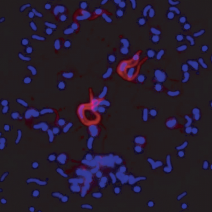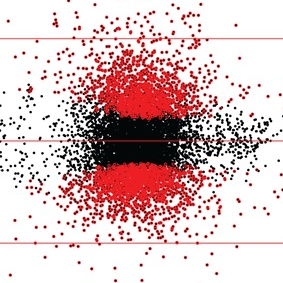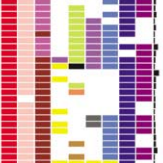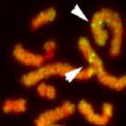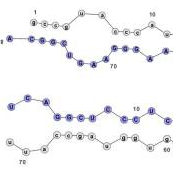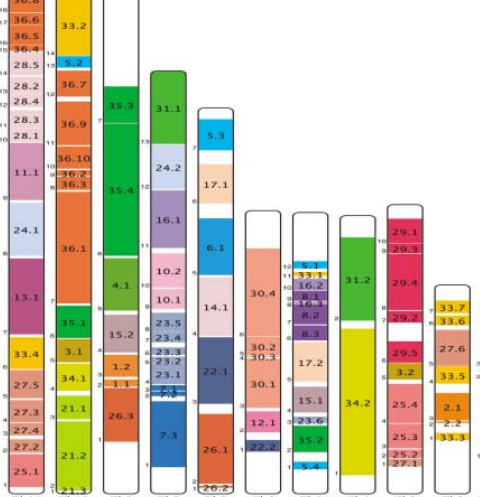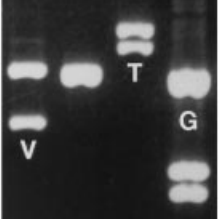The Host-Pathogen Infectome: Transcriptome Profiling of Parasites and Their Host
Parasites have complex life cycles which involve both vertebrate and invertebrate hosts and associated developmental stages. Our laboratory is studying the gene expression programs that are uniquely activated and expressed in the intracellular parasites (in the case of Leishmania and T. cruzi) as well as the host cell(s), in the specific context of the infection. Our current work includes:

- A genome-wide steady-state transcriptome profiling of Trypanosoma cruzi and Leishmania major (wild type and mutant strains) throughout the life cycle stages including intracellular stages
- Characterization of the simultaneous transcriptional response of the infected human host cell or tissue
- Identification of important pathogen-human protein-protein interaction partners
To further examine the interactions between the parasite and the host cell, we have been conducting yeast two-hybrid and pull-down screens with selected subsets of parasite proteins against the human proteome. Trypanosomatids and other pathogens have developed diverse strategies to infect their hosts and survive within, and their hosts have evolved complex defenses and adaptations in response. Direct protein-protein interactions (PPIs) are at the core of the interspecies interface when pathogen-encoded proteins modulate host cellular processes by binding and modifying the function and activity of host protein complexes. Our current understanding of these interactions, however, is limited, and much remains to be investigated about the network of interactions between host and pathogen proteins.
